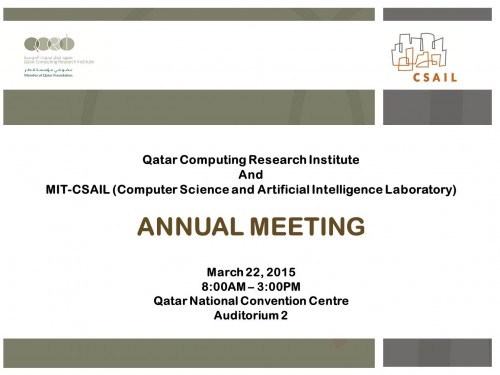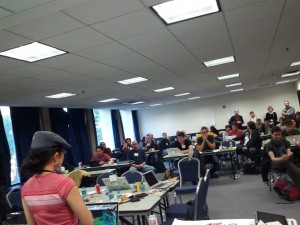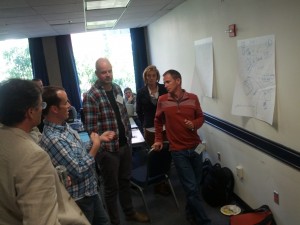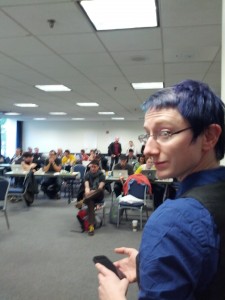The Doha knowledge economy mandate means free and frequent access to global technical and entrepreneur leaders. A few weeks ago I attended an event Your Middle East Start-up and heard a compelling talk from Swedish Ambassador, Ewa Polano on how entrepreneurship means fostering innovation. Well, this week, serial entrepreneur Michael Stonebraker will be at the Qatar National Convention Centre to talk about “How to Start a Company in Five (maybe not so) Easy Steps by Michael Stonebraker”.
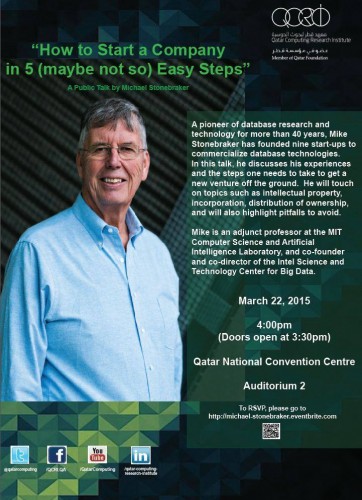
If you are a local Entrepreneur or curious, the team at Qatar Computing Research Institute would like to invite you to hear Mr. Stonebraker’s talk on Sunday, March 22, 2015. Register here for free.
About Michael Stonebraker: A pioneer of database research and technology for more than 40 years, Mike Stonebraker has founded nine start-ups to commercialize database technologies. In this talk, he discusses his experiences and the steps one needs to take to get a new venture off the ground. He will touch on topics such as intellectual property, incorporation, distribution of ownership, and will also highlight pitfalls to avoid.
Mike is an adjunct professor at the MIT Computer Science and Artificial Intelligence Laboratory, and co-founder and co-director of the Intel Science and Technology Center for Big Data.
*********
MIT and QCRI: Project Overviews
We invite you to join the annual research project review meeting by QCRI and MIT-CSAIL. On Sunday, March 22, 2015, we will dive into the current projects and progress. This special event provides more detailed look at technical innovations from this collaboration. One of the projects includes my Social Computing colleagues: Punya – a easy apps development platform for humanitarians.
Register for free here.
Both events are at the Qatar National Convention Center. See you there!
